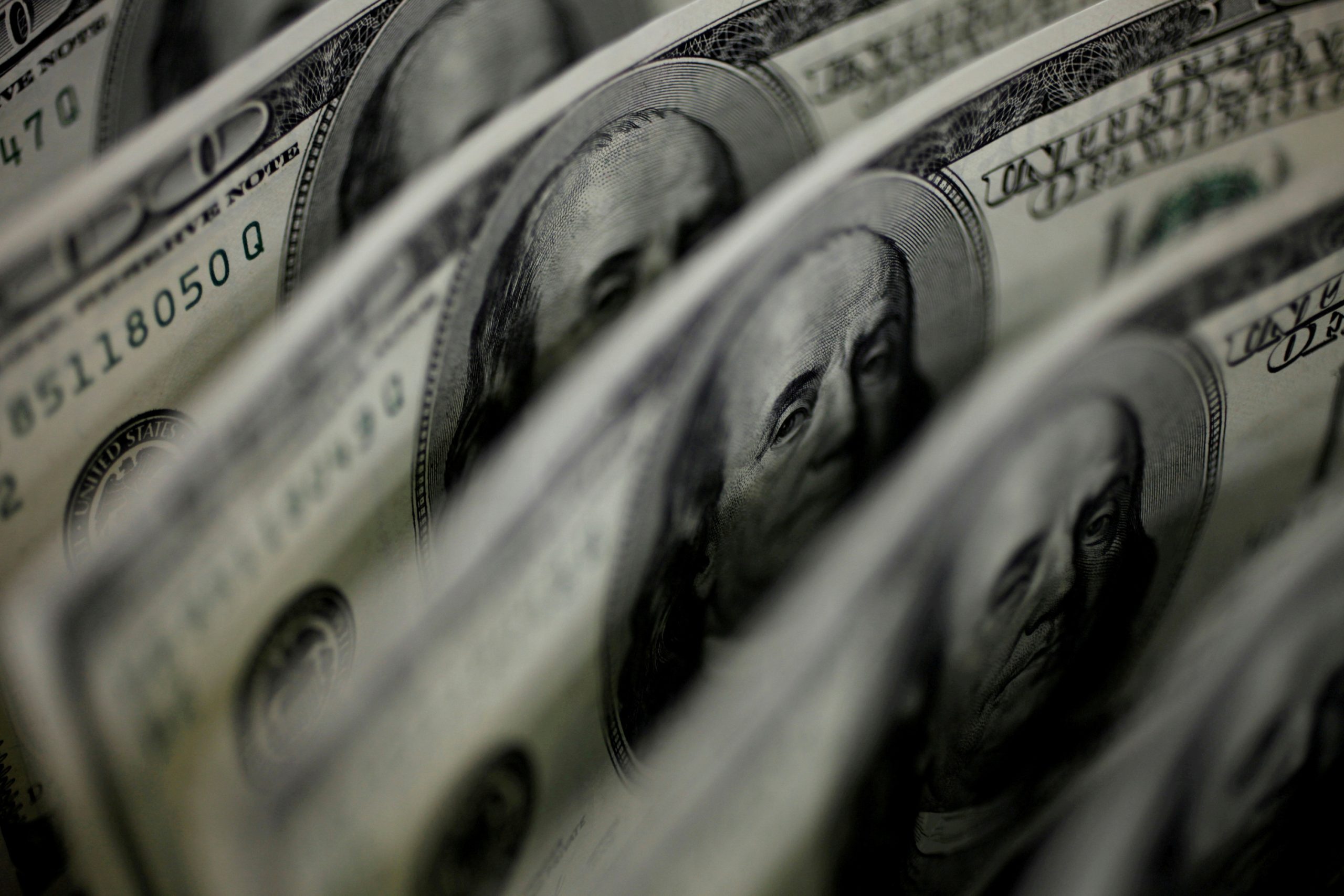
Willie R. Tubbs, FISM News
[elfsight_social_share_buttons id=”1″]
If the most frightening phrase in the English language is “I’m from the government and I’m here to help,” the most absurd one must be some form of “ and this is what it will cost.” Works of classical literature aren’t as rich in elements of fantasy as a U.S. lawmaker who seeks to estimate how much his or her program will eventually drain from taxpayers’ coffers.
This narrative is proving true once again for the price tag given for Biden’s Inflation Reduction Act.
According to a report from the Washington Examiner, the bill – which is short on inflation-reducing measures but long on green energy, healthcare, and tax collection spending – could carry nearly triple the initial price tag and cost almost $800 billion more than the original estimated cost.
As reported by Reuters, Congress’ nonpartisan Joint Committee on Taxation estimated last week that the law’s tax incentives will cost $515 billion over 10 years, up from its estimate of $270 billion at the time of passage.
A separate analysis by the University of Pennsylvania’s Wharton School found they would cost $1.045 trillion over the coming 10 years, nearly three times its original $385 billion estimate.
Numerous factors are at play in the sudden spike in projections, but the overarching issue is simple supply and demand. The federal government has created a large supply of money and now individuals and businesses are demanding it.
The Examiner reports that more people than expected are seeking to cash in on the subsidies for electric vehicles while a larger-than-predicted collection of businesses are willing to go green and build a windmill in exchange for getting green from the taxpayer.
When one considers that the law was sold to the American people as being fiscally responsible, the additional $800 billion is at best false advertisement and at worst another nail in the coffin of the country’s financial woes.
“The amount of debt we’re passing on to future generations is only going to grow if we don’t bring it under control,” Sen. Joe Manchin (D-W.Va.) tweeted last week. “For 21 years in a row, the U.S. government has spent more than it’s taken in. Your household can’t survive like that, and neither can our country.”
#ICYMI: The amount of debt we're passing on to future generations is only going to grow if we don't bring it under control. For 21 years in a row, the U.S. government has spent more than it's taken in. Your household can't survive like that, and neither can our country. pic.twitter.com/bpfgEDipRd
— Senator Joe Manchin (@Sen_JoeManchin) May 7, 2023
Manchin believes he was double-crossed in the negotiations, but he is directly linked to whatever becomes of the act. The West Virginia senator famously killed his surging bipartisan numbers by helping push the Inflation Reduction Act over the legislative finish line last year. He did so after obtaining certain promises, that he believes the Biden administration has reneged on.
Now, as Manchin complains that President Joe Biden and Democrats are “liberalizing” certain taxation-related elements of the bill, Americans are left to watch and count as a cruel irony plays itself out.
The bill was and still is being marketed by Democrats as being capable of lowering the national debt and the amount Americans pay for goods and services. However, with the now-realized inflated price tag, it will instead add hundreds of billions of dollars to the national debt, which will affect the nation’s debt ceiling, which will eventually trickle down to the everyday man in the form of inflation.
